A healthy diet, regular exercise and counseling can all help reduce stress
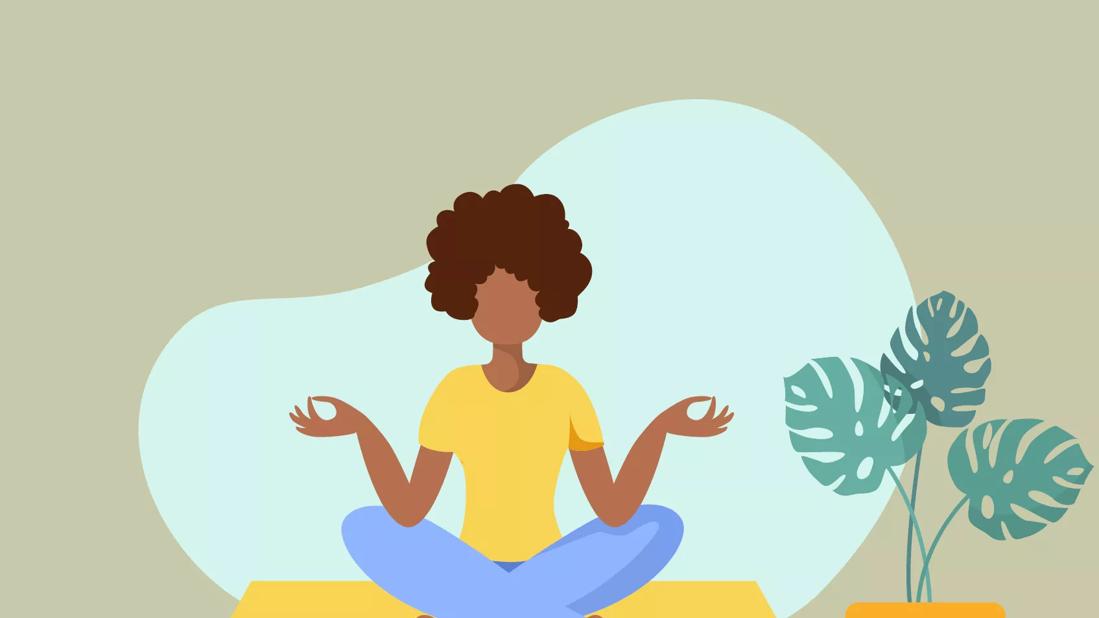
We could all use a little less stress in our lives, am I right? Between everyday work stress to maintaining relationships, navigating social engagements and wrangling the kids stress, there’s more than enough stress to go around. Luckily, there are ways to ease your stress levels if you set your mind to it.
Cleveland Clinic is a non-profit academic medical center. Advertising on our site helps support our mission. We do not endorse non-Cleveland Clinic products or services. Policy
Clinical psychologist Adam Borland, PsyD, explains how stress works and healthy ways we can help manage stress before it gets out of control.
Stress is your body’s response to a challenge or demand. Everyone experiences stress, which can be triggered by a range of events, from small daily hassles to major changes like a divorce or job loss. The stress response includes physical components like an elevated heart rate and blood pressure, thoughts and personal beliefs about the stressful event, and emotions, including fear and anger.
“Although we often think of it as being negative, stress can also come from positive changes in your life, like getting a promotion at work or having a new baby,” says Dr. Borland.
Stress serves an important purpose — it enables us to respond quickly to threats and avoid danger. But lengthy exposure to stress may lead to mental health difficulties like anxiety and depression, or increased physical health problems.
“A large body of research suggests that increased stress levels interfere with your ability to deal with physical illness,” says Dr. Borland. “While no one can avoid all stress, you can work to handle it in healthy ways that increase your potential to recover.”
Some people try to reduce stress by drinking alcohol or eating too much. These actions may seem to help in the moment, but actually may add to stress in the long run. Caffeine also can compound the effects of stress. While consuming a healthy, balanced diet can help combat stress.
In addition to having physical health benefits, exercise has been shown to be a powerful stress reliever. Consider noncompetitive aerobic exercise, strengthening with weights or movement activities like yoga or Tai Chi, and set reasonable goals for yourself. Aerobic exercise has been shown to release endorphins — natural substances that help you feel better and maintain a positive attitude.
People who use nicotine often refer to it as a stress reliever. However, nicotine actually places more stress on your body by increasing physical arousal and reducing blood flow and breathing. Plus, it can worsen chronic pain, so if you’re experiencing prolonged tension and body aches, smoking won’t help.
Taking the time to relax every day helps manage stress and protect your body from the effects of stress. You can choose from a variety of techniques, such as deep breathing, guided imagery, progressive muscle relaxation, and mindfulness meditation. Many online and smartphone apps provide guidance on these techniques. Although some require purchase costs, many are available free of charge.
If you’re like most people, your life may be filled with too many demands and too little time. For the most part, these demands are ones we’ve chosen. But you can free up time by practicing time-management skills like asking for help when it’s appropriate, setting priorities, pacing yourself and reserving time to take care of yourself.
The more your actions reflect your beliefs, the better you’ll feel, no matter how busy your life is. Use your values when choosing your activities.
“Considering the stressful demands and responsibilities we face on a daily basis, it’s important to engage in activities that are in line with our values and speak to us on a personal level,” encourages Dr. Borland.
It’s OK to say “no” to demands on your time and energy that’ll place too much stress on you. You don’t always have to meet the expectations of others.
It’s also OK — and healthy — to realize you can’t be 100% successful at everything all at once. Be mindful of the things you can control and work on accepting the things that you can’t control.
When you’re feeling overwhelmed, remind yourself of what you do well. There are ways you can build a healthy sense of self-esteem.
This behavioral technique helps you learn stress reduction skills by providing information about muscle tension, heart rate and other vital signs as you attempt to relax. It’s used to gain control over certain bodily functions that cause tension and physical pain. Biofeedback can be used to help you learn how your body responds in stressful situations, and how to cope better. If a headache, such as a migraine, begins slowly, many people can use biofeedback to stop the attack before it becomes full-blown.
If you’re interested in any of these techniques, ask your healthcare provider for more information or other suggestions they may have. Often, counseling can help you recognize stress factors that may not even be readily obvious.
Sleep is often sacrificed when you’re overwhelmed with stress. You may experience insomnia because of discomfort, stress from personal concerns, or side effects from your medications. If you can’t sleep, try these tips:
Learn more about our editorial process.
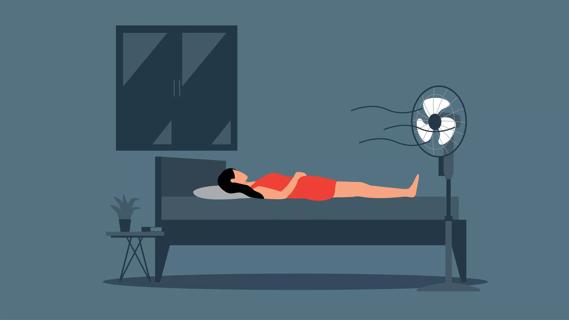
Getting to the root cause of night sweats — like menopause, medication side effects, stress or anxiety — can help you manage them

Enter relaxation mode by managing your breathing, releasing muscle tension and practicing mindfulness
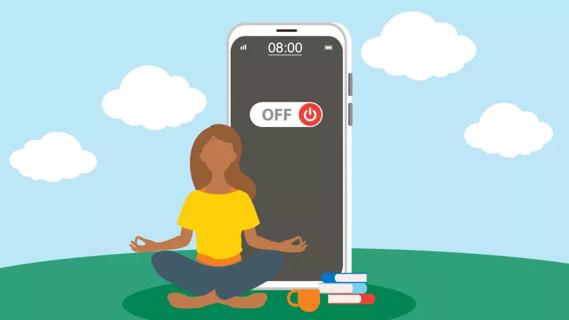
Identify your triggers, set ground rules for your break and start practicing mindfulness
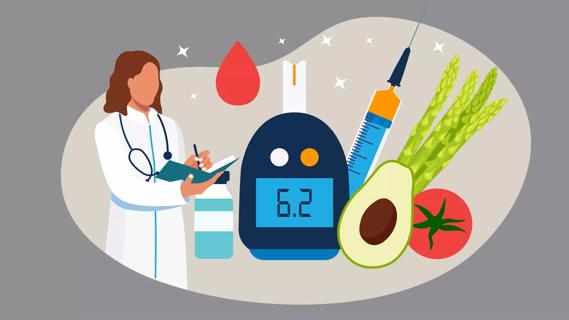
A diabetes diagnosis, new or long-standing, can trigger reactions like grief, stress, depression and frustration, but symptom relief and help are available

Your body’s natural response to stress can lead to painful skin irritation

Too much screen time and unrealistic expectations and perceptions and can lead to an increased risk of anxiety and depression

Certain activities, foods and supplements can help calm your body
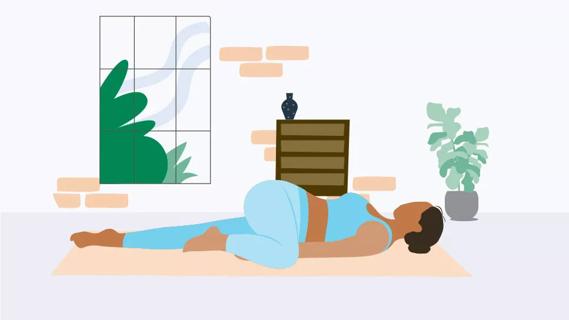
This mindful practice is designed to give you mental and physical relaxation

Your metabolism may torch 1,300 to 2,000 calories daily with no activity

A gentle touch in all the right places may help drain your sinuses